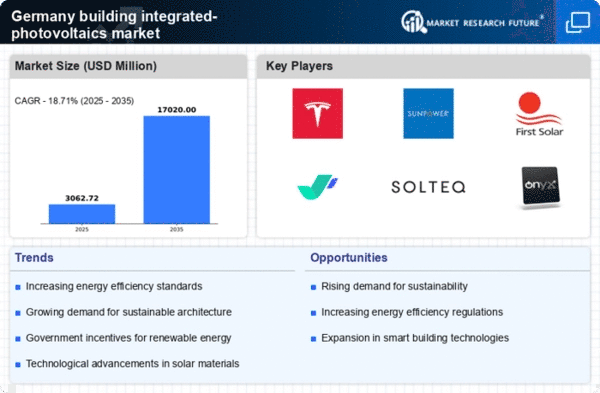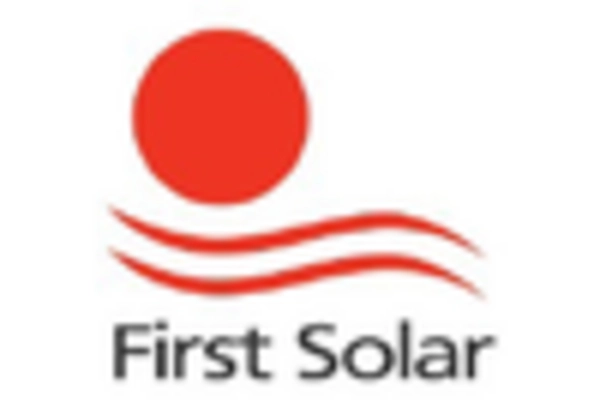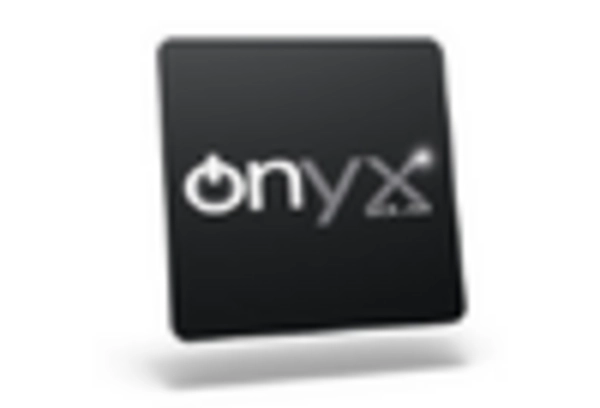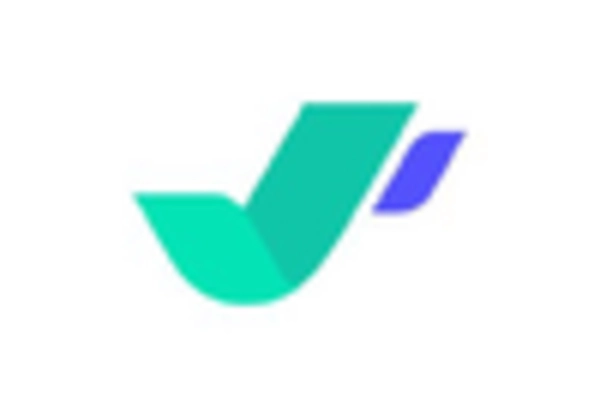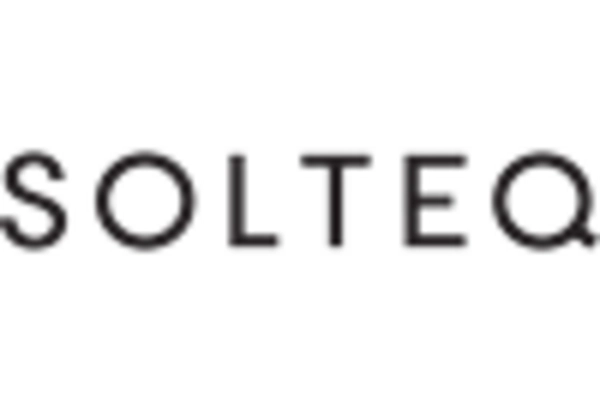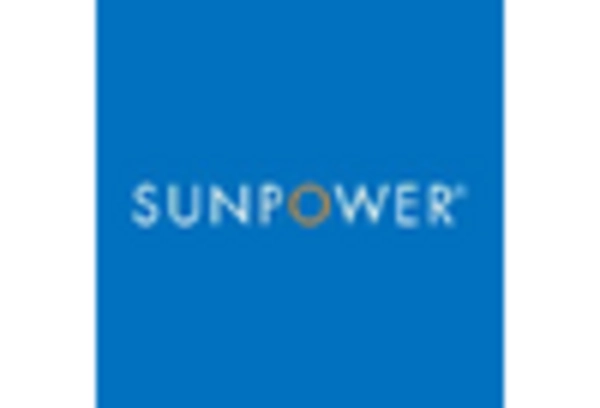Rising Energy Costs
The increasing costs of conventional energy sources in Germany are driving the adoption of the building integrated-photovoltaics market. As energy prices rise, consumers and businesses are seeking alternative solutions to mitigate expenses. The integration of photovoltaic systems into building designs offers a dual benefit: reducing energy bills and enhancing property value. In 2025, energy prices in Germany have surged by approximately 15%, prompting a shift towards renewable energy solutions. This trend indicates a growing market for building integrated-photovoltaics, as stakeholders recognize the long-term financial advantages of investing in solar technology. Furthermore, the potential for energy independence is appealing, as it allows users to generate their own electricity, thereby reducing reliance on external suppliers. Consequently, the market is likely to experience robust growth as energy costs continue to escalate.
Architectural Trends
The evolving architectural landscape in Germany is significantly influencing the building integrated-photovoltaics market. Modern architectural designs increasingly prioritize sustainability and energy efficiency, leading to a greater incorporation of solar technologies into building facades and roofs. Architects and builders are recognizing the aesthetic and functional benefits of integrating photovoltaic systems, which can enhance the overall design while providing renewable energy. In 2025, it is anticipated that a substantial portion of new constructions will feature building integrated-photovoltaics, aligning with the trend towards eco-friendly architecture. This shift not only meets consumer demand for sustainable living but also complies with regulatory requirements. As a result, the building integrated-photovoltaics market is poised for growth, driven by innovative architectural practices that embrace renewable energy solutions.
Regulatory Frameworks
Germany's regulatory environment plays a crucial role in shaping the building integrated-photovoltaics market. The government has established a comprehensive set of regulations and standards aimed at promoting renewable energy adoption. These frameworks include building codes that encourage the integration of solar technologies into new constructions and renovations. In 2025, the German government has set ambitious targets for renewable energy, aiming for 65% of total energy consumption to come from renewable sources by 2030. This regulatory push not only incentivizes the use of building integrated-photovoltaics but also fosters innovation within the industry. Compliance with these regulations can enhance the marketability of properties, making them more attractive to environmentally conscious buyers. As a result, the market is expected to thrive under the supportive regulatory landscape.
Technological Innovations
Technological advancements in solar energy systems are a key driver of the building integrated-photovoltaics market in Germany. Innovations such as improved photovoltaic materials, energy storage solutions, and smart grid technologies are enhancing the efficiency and appeal of integrated solar systems. In 2025, the market is witnessing the introduction of more efficient solar panels that can generate higher energy outputs even in limited spaces. These advancements not only improve the performance of building integrated-photovoltaics but also reduce installation costs, making them more accessible to a broader audience. Furthermore, the integration of smart technologies allows for better energy management, enabling users to optimize their energy consumption. As these technological innovations continue to evolve, they are likely to propel the building integrated-photovoltaics market forward, attracting both residential and commercial investments.
Consumer Awareness and Demand
There is a notable increase in consumer awareness regarding sustainability and energy efficiency in Germany, which is positively impacting the building integrated-photovoltaics market. As individuals become more informed about the environmental benefits of solar energy, the demand for integrated photovoltaic solutions is rising. Surveys indicate that over 70% of German homeowners express interest in renewable energy options, with many considering solar installations as a viable choice. This heightened awareness is further fueled by educational campaigns and community initiatives promoting the advantages of solar technology. In 2025, the building integrated-photovoltaics market is likely to benefit from this growing consumer demand, as more individuals seek to reduce their carbon footprint and contribute to a sustainable future. The shift in consumer preferences is expected to drive innovation and competition within the market.


